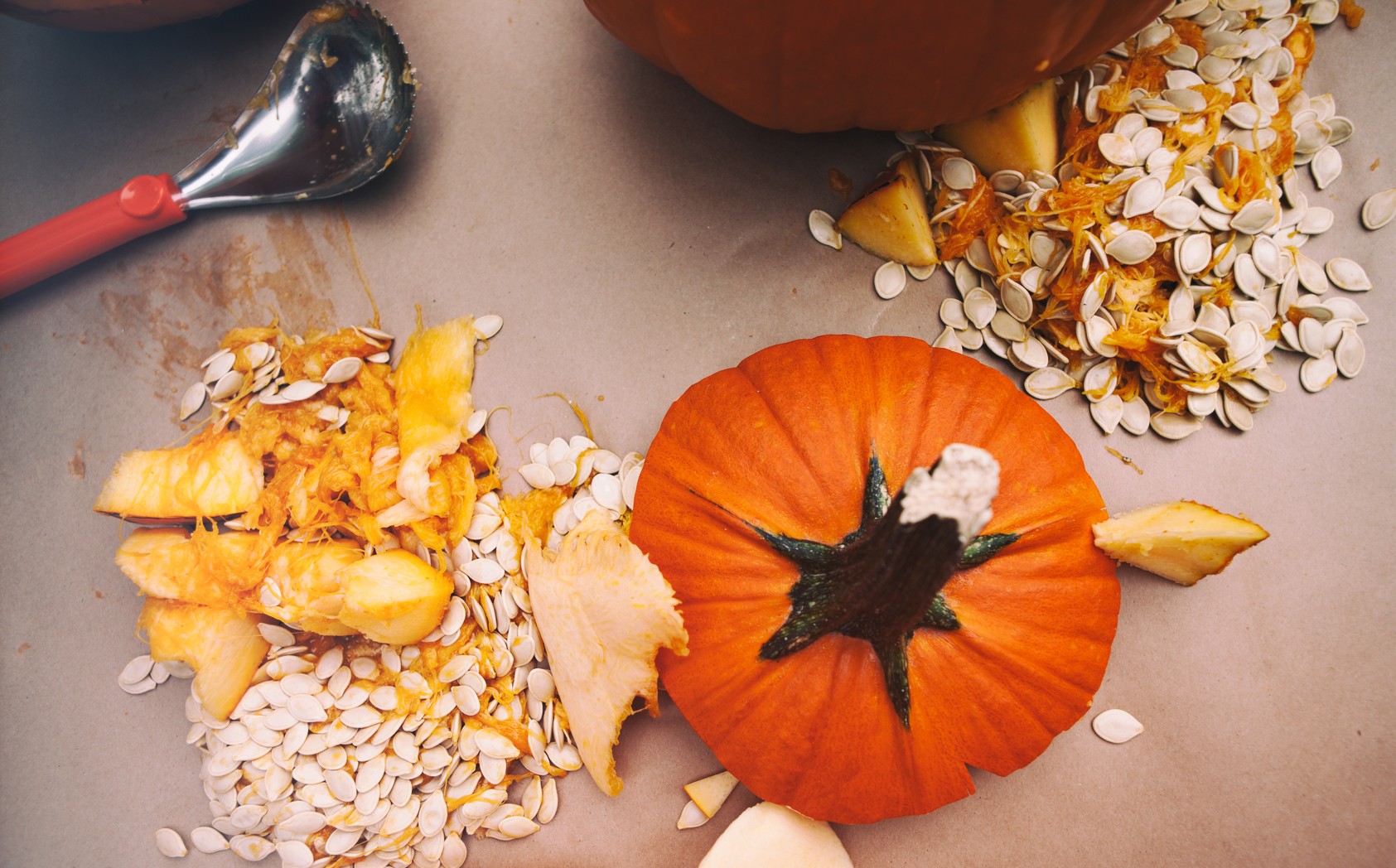Fruits and vegetables: The antioxidant vitamins found in fruits and vegetables can help protect sperm from cellular damage and keep them strong and healthy– exactly what you need at this time. The antioxidant vitamins are also called the ACE vitamins — an easy way to remember that they are vitamins A, C and E. Find vitamin A in leafy greens, carrots, red peppers, and apricots, to name a few. Get lots of vitamin C in orange juice, tomatoes, grapefruit, and broccoli. And get vitamin E from vegetable oils, nuts and seeds sprinkled over a healthy lunchtime salad. Fruits and vegetables such as leafy greens, beans, and most fruits contain folic acid – a B vitamin with antioxidant properties that’s crucial for keeping sperm healthy.
What if you’re looking for one power vegetable to make a staple in the pre-pregnancy diet for both of you? Serve up a tasty, baked sweet potato. It’s rich orange colour is a sign that it’s packed with all of the nutrients above – vitamins A, C, E, and folate. Enjoy!
Pumpkin seeds: These seeds contain a hefty dose of zinc, which increases testosterone and sperm count. Pumpkin seeds are also loaded with omega-3 fatty acids, which are critical for good health. Looking for other ways to stock up on omega-3s? Try oily fish like salmon, trout, herring and sardines — a great way to boost your omega-3 levels — or look to nuts and seeds like flaxseed and almonds to add a daily nutrient boost.
Oysters: High in zinc, a key nutrient for male fertility, oysters help increase the production of sperm and testosterone – key nutrients for male fertility. If you simply can’t swallow this slippery seafood (and let’s face it, they are not an everyday food here in Ireland!), you can also find zinc in smaller amounts in foods such as beef, chicken, dairy foods, nuts, eggs, whole grains, and beans. Or you can get take a multivitamin containing zinc. It may be a good idea for Dads-to-be to take a multivitamin to make sure he is not missing out on key nutrients at this important time. Ask your GP for advice and always take any multivitamins in accordance with the dose on the pack.
Keep an eye on intakes of these foods:
Junk food: We all know that too much high fat, high sugar food isn’t good for the heart or the waistline, but did you know that a diet high in fatty, fried, and sugary foods can impair male fertility as well? Maintaining a healthy weight, eating a diet high in fresh fruit and vegetables, and eating less processed foods can improve sperm quality. One more reason to make a change now and ditch the take-away and fizzy drinks!
Caffeinated drinks and alcohol: Research shows that too much caffeine and too much alcohol can seriously decrease sperm count. So it’s a good idea for both Mum- and Dad-to-be to limit caffeine intake to the equivalent of 200mg a day and make sure to keep alcohol consumption in check.
Caffeine levels can vary across lots of different drinks and products:
How much is 200mg of caffeine?
Tea
The caffeine content may vary between 10 mg and 90mg depending on the strength of the tea and size of the mug.
Coffee
Filtered or percolated coffee generally has more caffeine than instant coffee. The caffeine content may vary between 31mg and 157mg per cup depending on the size, strength and way it was brewed. Decaffeinated coffee will have less than 2mg – 10mg per cup.
Cola
As colas are available in different strengths and sizes, the caffeine content can vary to between 11mg and 106 mg per can or bottle.
Stimulant drinks
A 250 ml can provide between 27mg and 87mg depending on the type.



